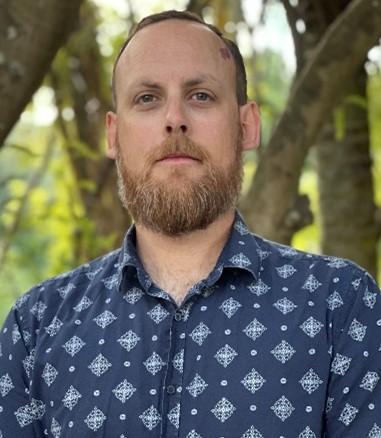Virtual Training WorkshopIf you missed the Virtual Pump Workshop held in June 2020 don't worry you can now access the recordings. Pumps are an integral part of the pulp and paper making process. Reliable and efficient operation of pumping systems is critical for operability and profitability. The workshop covered key topics including Pump Sizing and Variable Speed Drives; Cavitation and Net Positive Suction Head; Rheology and Pumping of Pulp Suspensions.
|
MODULE 1: PUMP SIZING AND VARIABLE SPEED DRIVES
MODULE 1 - VIDEO
Presentation: Module 1 - Pump Sizing VSD
Pump systems are of critical importance in many industries and need to operate reliably and efficiently. However, it is estimated that as many as 75% of industrial pumps are oversized and as a result, pump systems are operated at far from optimal conditions. Pump systems are large energy users and there are many ways of reducing energy costs by utilising a Variable Speed Drive. However, depending on the situation, the economics of using variable speed drive may not be viable. This module will address the question of how to size a pump correctly and how to assess when a variable speed drive would be suitable.
MODULE 2: CAVITATION AND NET POSITIVE SUCTION HEAD
MODULE 2 - VIDEO
Presentation: Module 2
Cavitation and Net Positive Suction Head (NPSH) are important yet often misunderstood principles that can have a major impact on pump systems and their operation. Poorly designed pump systems and oversized pumps can cause problems with cavitation and not adequate NPSH. This module will cover why and when cavitation occurs, the effect it can have on pumps, available and required NPSH and how to design systems to operate well.
MODULE 3: RHEOLOGY AND PUMPING OF PULP SUSPENSIONS
MODULE 3- Video
Presentation: Module 3
Pulp suspensions are unique in their rheology (i.e. how they flow) which has important implications for pumping them. This module will cover the basics of pulp rheology and how these apply to pumping and design of pumping systems. An overview of the operating principles of medium consistency pumps will be given.
MODULE 4: TROUBLESHOOTING EXAMPLES
MODULE 4 - VIDEO
Presentation: Module 4
This module will go through some examples provided by participants around problematic or inefficient pump systems. Examples may include energy/efficiency improvement, resizing, implementation of variable speed drives. Measures to implement pre-screening assessment techniques at a mill level to quickly identify opportunities for improvements to pump systems will also be covered.
|
|
Dr Martin Atkins is a Senior Lecturer in the School of Engineering at the University of Waikato. His general field of research is in energy systems engineering for optimising industrial energy systems and emissions reduction. He also has interests in pumping and pulp pressure screening. He has close linkages with the dairy and pulp and paper sectors. |
Access
Access to the recording and presentation files for the course modules is via IP. Once your registration, your IP and payment is received you will gain access to the virtual training modules and course resources for 30 days.
To find out what your personal IP is please type "What is my IP" in your browser.
To register please go to the registration tab.
If you have any problems, please contact the Appita Office +61 3 9467 9722.
Course Cost
AUD 330 Inc GST (Individual Member)
AUD 440 Inc GST (Individual Non-Member)
GST does not apply for overseas registrants.

